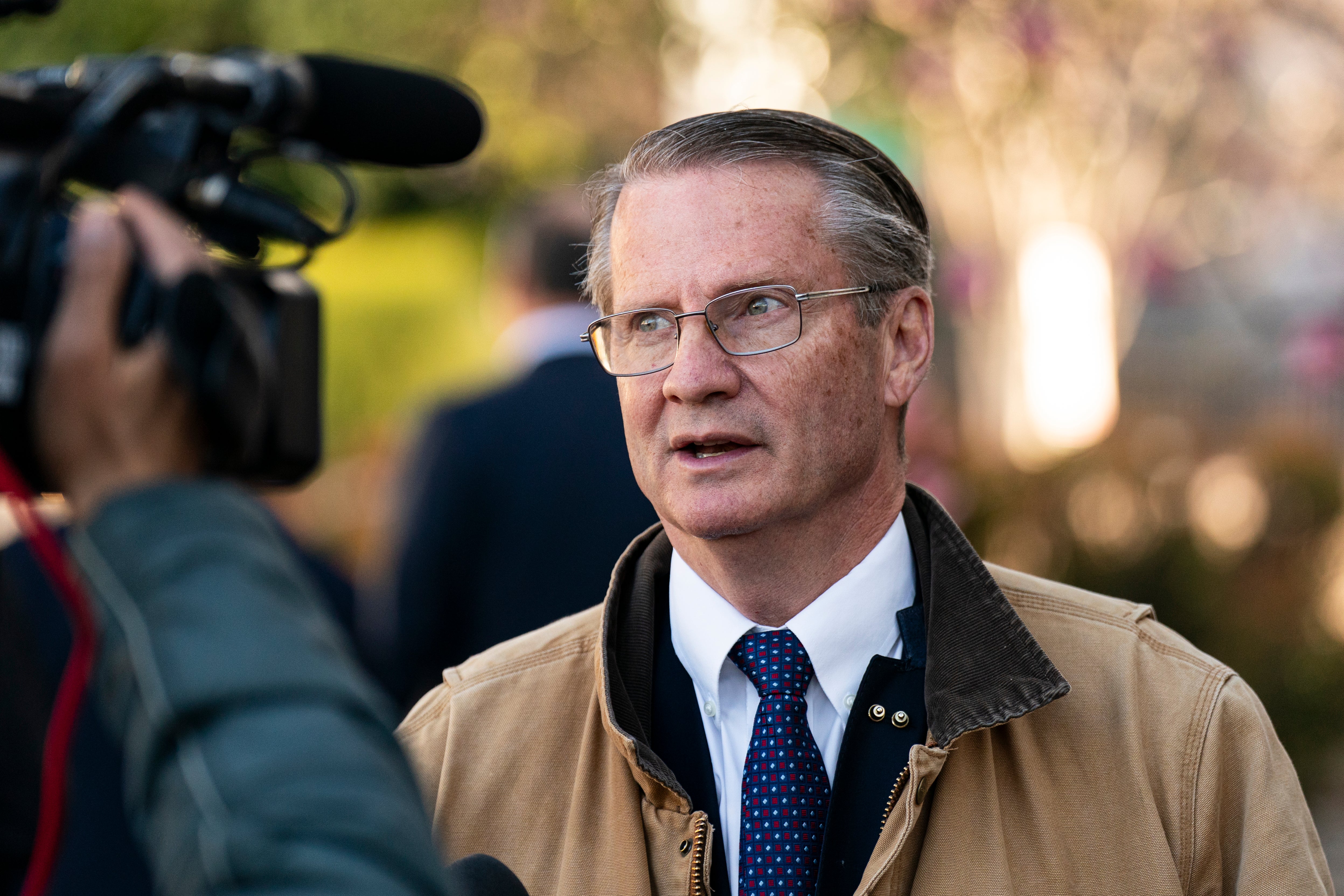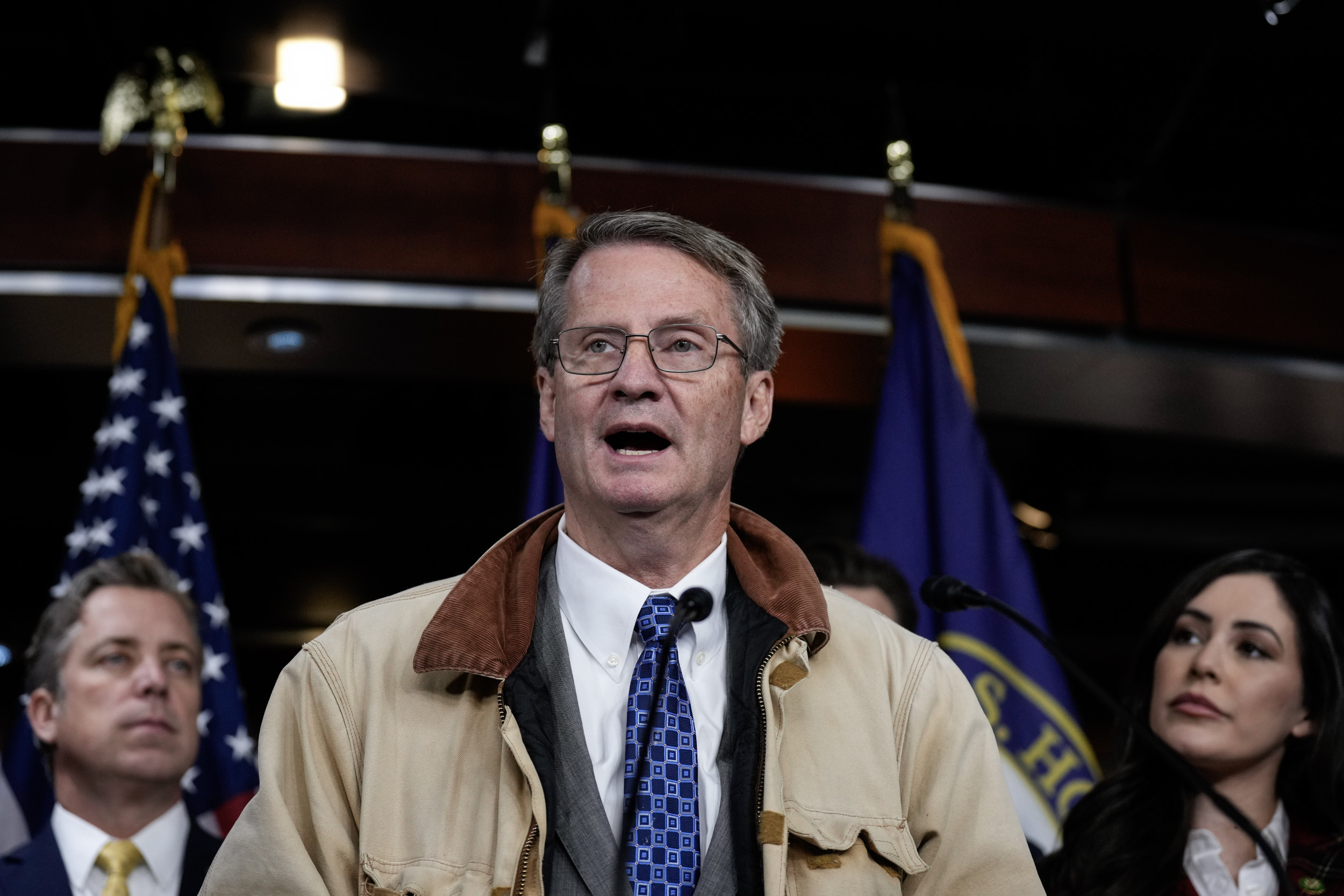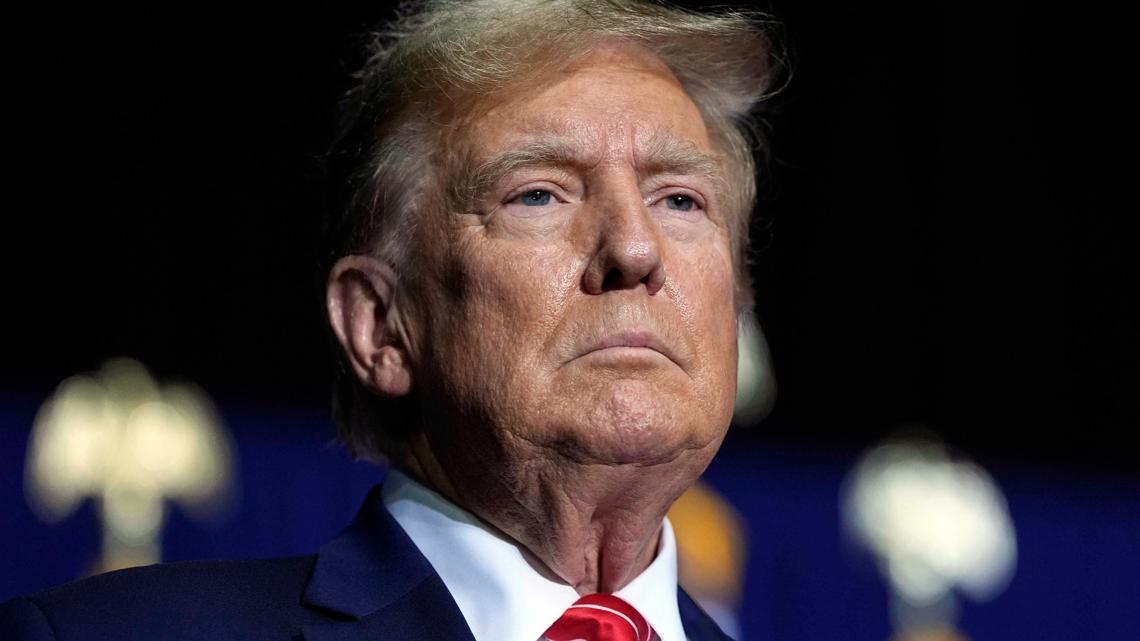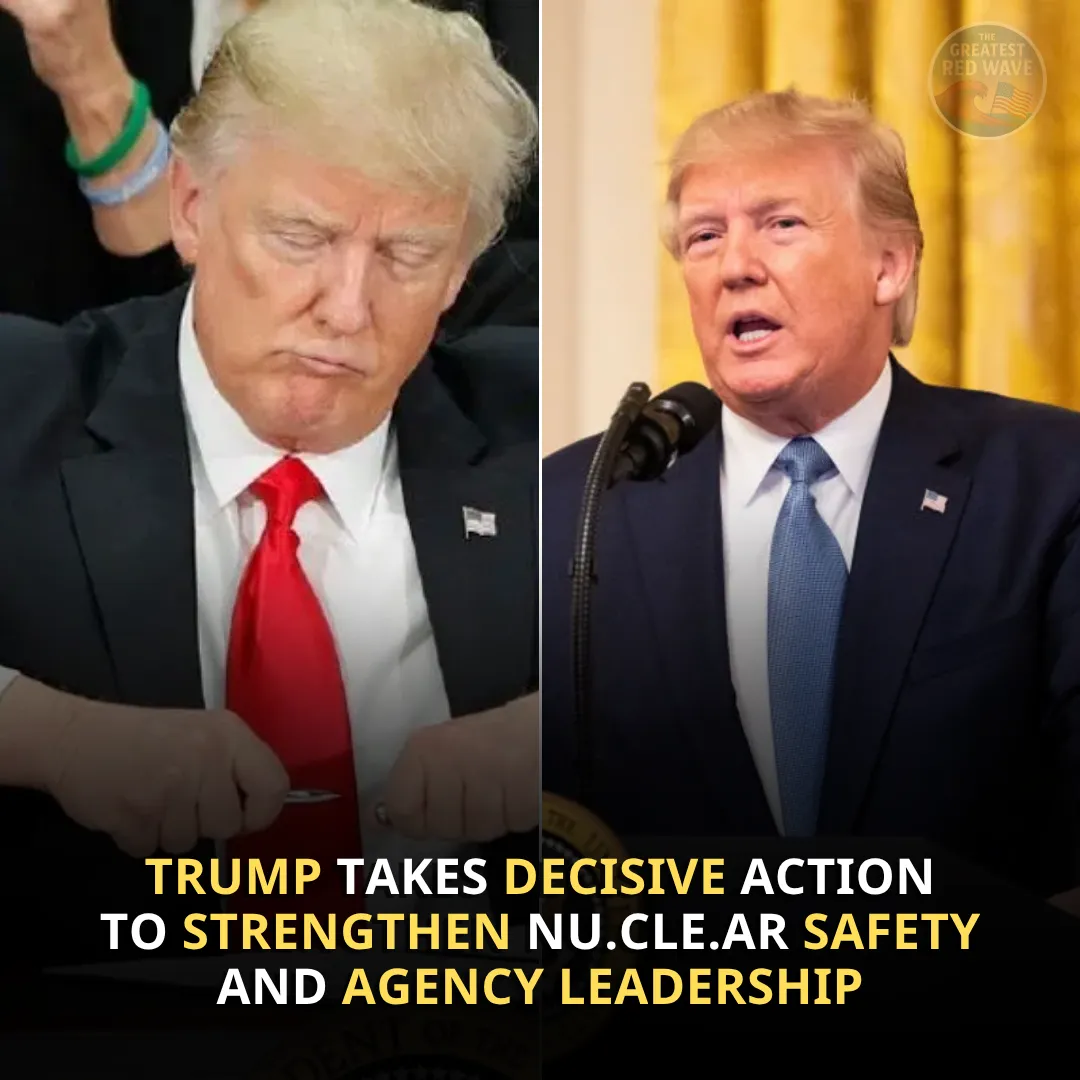
In a revelation that has reignited suspicions surrounding the Jeffrey Epstein scandal, U.S. Representative Tim Burchett (R-TN) has openly claimed that the long-rumored Epstein client list — the alleged register of world elites who were involved in or connected to Epstein’s sex trafficking operation — once existed but was likely destroyed by the previous administration to shield influential figures from justice.
The Tennessee congressman’s blunt assertion adds a chilling new dimension to an already explosive controversy that many Americans believe has been buried under layers of political protection and elite impunity.
Speaking with NewsNation earlier this week, Rep. Burchett addressed the renewed uproar surrounding the Epstein files following a Department of Justice (DOJ) memorandum that dismissed further inquiry into Epstein’s death and declared that no such list of clients ever existed.
The memo came months after Attorney General Pam Bondi had made a public promise that the so-called "Epstein Files" were “sitting on her desk” and ready for release.
But when the documents eventually dropped, they turned out to be nothing more than recycled information already available in the public domain — rebranded as “The Epstein Files: Phase One” and distributed to influencers and media outlets.
What followed was confusion, outrage, and deepening distrust — particularly among grassroots conservatives and independent thinkers who had long hoped the Epstein case would finally expose the underbelly of elite power and accountability.
The fact that no meaningful new documents emerged, and that Bondi’s Phase Two release never came to light, only fueled conspiracy theories and sharpened suspicions that the government was actively covering up names in high places.
Rep. Burchett didn’t mince words in his critique of the situation. “I think the files existed at one time. I think they were destroyed in the previous administration,” he said, implying that President Biden's administration had a motive to erase any record that could implicate major political or global players. “And I think if they’d ever had anything on Trump, it would have been out day one under the Biden Administration.”

Burchett’s comments suggest that not only does he believe the client list was real, but that it potentially contained names of such prominence — spanning Hollywood, government, and international leadership — that its release would have triggered a political and economic earthquake.
“There’s Hollywood people, but I think there’s world leaders too,” he continued. “And would it have caused economic disruption around the globe? Maybe, but I don’t really care.”
The starkness of his statement — “I don’t really care” — underscores a growing attitude among Trump-aligned Republicans and a significant segment of the public who feel betrayed by a justice system they perceive as two-tiered: one that protects the powerful while punishing the vulnerable.
To these Americans, Epstein’s life and death have come to symbolize the deepest rot within elite institutions — from finance to politics to the media — and the belief that accountability can be selectively enforced or erased.
Burchett also questioned the logic of Ghislaine Maxwell’s incarceration in the absence of any official identification of her alleged co-conspirators. “What’s Ms. Maxwell doing in jail? What did she do?
Where is that, you know, who did she provide?” he asked, rhetorically highlighting a paradox that has puzzled many observers: if Maxwell was convicted of trafficking underage girls to someone, who were those people? Why have none of them been charged, tried, or even publicly named?
“Whatever she did, why is she in jail?” he asked again. “That’s got to be a question that should be asked at some point.” He pointedly suggested that under the Biden administration, such questions would never be seriously investigated, let alone answered.
Burchett’s remarks echoed the sentiments of millions who feel that the Epstein case — one of the most notorious and suspicious in recent American history — has been mishandled from the very beginning.

Epstein’s suspicious death in a Manhattan jail in 2019, officially ruled a suicide, triggered widespread disbelief. Multiple irregularities — from non-functioning security cameras to guards asleep on duty — have led even mainstream commentators to question whether the financier truly took his own life, or whether he was silenced to protect others.
“Dead men tell no tales,” Burchett said. “He’s dead.” It was a blunt reminder that, in the absence of Epstein himself, the only pathway to accountability lies in records, testimony, and the willingness of the government to investigate its own. But with files missing or “nonexistent” and alleged clients unindicted, that pathway now seems blocked — perhaps permanently.
Adding fuel to the fire, Burchett criticized Attorney General Bondi for raising public expectations and then failing to deliver. “I think they all got out there, got a little excited, and I don’t think they exist,” he said.
“That’s my current thinking.” The statement reflected a broader disillusionment, not just with the DOJ or the Biden White House, but with Republican leadership as well — particularly those who have failed to challenge the system from within or produce tangible results in holding elites accountable.
Across conservative and independent media, Burchett’s comments have been interpreted as a whistleblower-style warning: that powerful individuals, both in the U.S. and abroad, have successfully scrubbed their names from history, aided by institutions that fear the political and economic fallout of full disclosure.
For many Americans, this theory isn’t outlandish — it’s increasingly plausible. The notion that there may be a bipartisan and international effort to protect Epstein’s most powerful clients is becoming a core belief for those frustrated with what they see as an incurable culture of elite protection.
The theory of the list’s destruction also casts new light on why so little actual information has emerged despite years of legal battles, public interest, and media investigations.
It suggests a deliberate, strategic cleansing of evidence — not a bureaucratic delay, not a redaction-heavy release process, but an active obliteration of the files. In other words, the very “truth” many hoped would dismantle global corruption may have been incinerated before it ever saw the light of day.

To Burchett and his supporters, the media’s silence or ridicule of such claims only adds to the evidence that something sinister occurred. “If the roles were reversed and this list contained conservative donors or Christian leaders, do you think CNN wouldn’t run it 24/7?” asked one conservative commentator in response to the congressman’s claims. “The fact that they treat it like a myth tells you everything.”
Yet, while the Epstein saga remains steeped in mystery and speculation, one thing is clear: public trust is eroding fast. As Americans watch the slow-motion disappearance of a case that once promised global accountability, frustration is turning into fury — and political momentum. The longer the questions remain unanswered, the more the Epstein case becomes not just a symbol of corruption, but a rallying cry.
In Washington, few politicians are willing to speak about the case with the bluntness of Rep. Burchett. Most avoid the topic altogether, fearful of the reputational risks or uncomfortable associations that might arise.
But Burchett, unfiltered and unflinching, has now cemented himself as a vocal critic of what he sees as a cover-up — and a voice for those demanding answers.
As the country barrels toward the 2026 elections, and Trump continues to reshape the GOP in his image, it’s possible that the Epstein case will resurface as a central issue.
With Trump’s base already incensed over perceived double standards in justice, the idea that a secret list of elite predators was erased to protect global power could become a lightning rod — not just for debate, but for action.
If Burchett is right — and the Epstein list truly was destroyed — it would represent not just a miscarriage of justice, but a calculated decision by those in power to ensure the system stays intact. It would mean that the crimes happened, the evidence existed, and then it was erased — all while the public waited for the truth.
Whether that truth ever emerges remains to be seen. But for now, voices like Tim Burchett’s continue to echo in a political landscape where silence has become more dangerous than speculation — and where the public’s hunger for justice may soon demand more than just theories.




